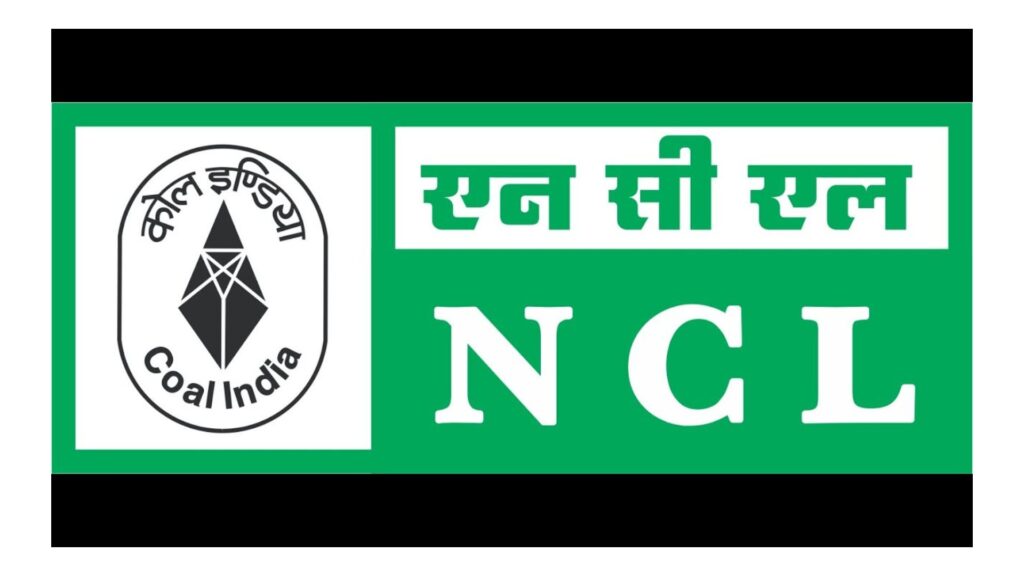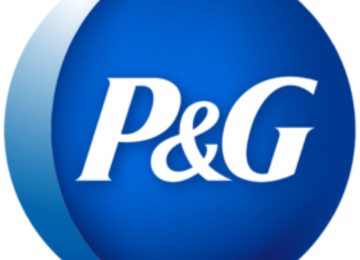Northern Coalfields Limited (NCL), a subsidiary of Coal India Limited, has launched several sustainability projects as part of its Special Campaign 4.0.
These include using eco-friendly waste management techniques, encouraging health and hygiene, and utilizing renewable energy sources. NCL aims to advance a cleaner, greener future and support national development objectives.
Solar Energy Initiatives: Advancing Sustainable Energy
The company is currently increasing its solar capacity by installing 1.3 MW rooftop solar systems at the IWSS Khadia, Bina, and Kakri areas.
It has already installed a 480 kW rooftop solar plant at its Jayant project. These programs support India’s renewable energy goals while also assisting NCL in lowering its carbon footprint.
Increasing Sanitation and Health: Disposable napkins
NCL is committed to enhancing the Singrauli region’s young women’s health and hygiene.
As part of Special Campaign 4.0, the company installed sanitary napkin vending and disposal machines in four schools to achieve this goal. The aim was to provide 1,850 female students access to sanitary pads, and promote improved menstrual health and hygiene.
Waste to Wealth: Creating Fertilizer from Organic Waste
NCL is promoting environmentally friendly waste management techniques by establishing vermicompost beds as part of its Waste to Wealth initiative.
In Birkunia and Khirwa villages, the company is making nutrient-rich vermicompost by recycling cow dung and organic waste. By increasing soil fertility, lowering environmental impact, and providing a natural fertilizer substitute, this initiative promotes sustainable agriculture.
Cleanliness Campaign
NCL has identified 69 sites for cleaning and beautification as part of its cleanliness campaign; 23 of these sites have already been completed.
Furthermore, the company has accomplished a great deal in the area of scrap disposal, having disposed of 1,661 MT of scrap out of a target of 2,180 MT.
Space and Record Arrangement
NCL is putting in place strong record and space management systems to improve office productivity.
For this, it has moved 400 outdated files to record rooms, and reviewed 3,729 electronic files, and 207 physical files.











